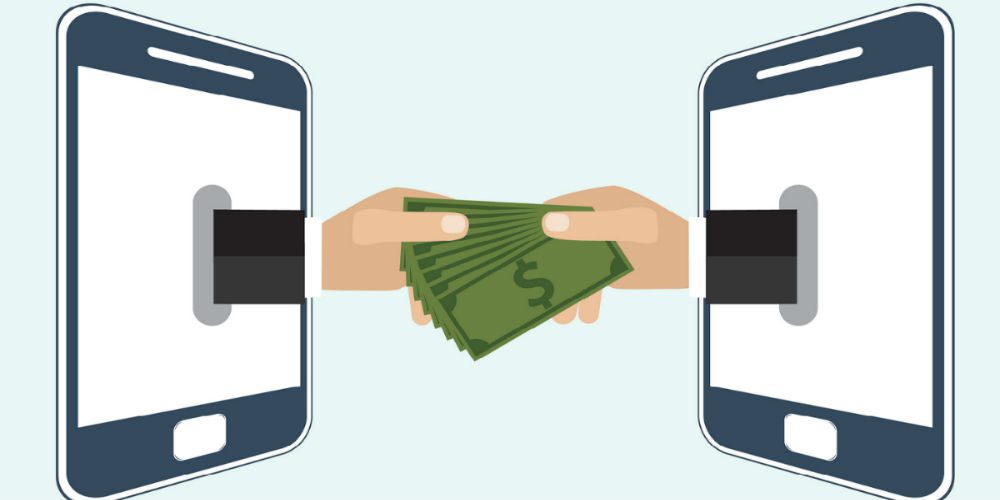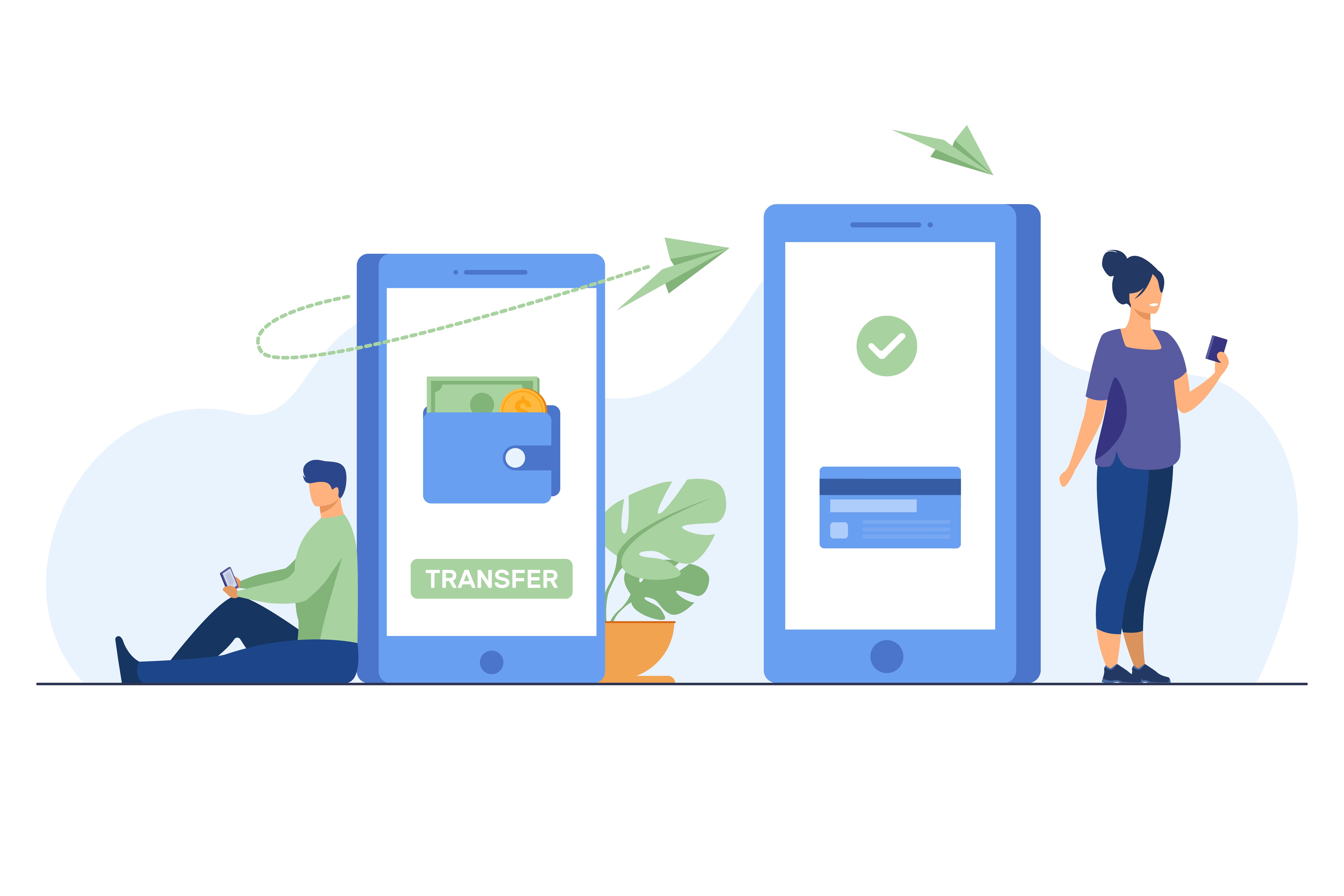



































The real price of free transfers: Who actually pays for Nigeria’s fintech convenience?
 BANK
BANK
 MLNS
MLNS
 WHEN
WHEN
 READ
READ
For millions of Nigerians, free bank transfers feel like a win. No more ₦50 or ₦100 fees just to send money to a friend or pay for food. Fintech companies promised convenience without the cost, and they delivered. Banks, not wanting to lose customers, followed suit. Today, moving money digitally in Nigeria is easier and cheaper than it’s ever been.
But here’s the question nobody’s asking loudly enough: if you’re not paying for transfers, who is?
The answer is more complicated than it seems, and understanding it matters because the current system might not last forever.

How we got here
Before fintech companies disrupted the market, Nigerian banks charged fees that felt punitive for basic services. Transferring ₦1,000 could cost you ₦50. For someone earning ₦30,000 a month, those fees added up quickly.
Consequently, many Nigerians avoided banks entirely, keeping their money in cash or informal savings groups.
When fintech companies like Opay, Palmpay, and Kuda entered the market, they saw an opportunity. They offered free or heavily subsidised transfers to attract users. The strategy worked spectacularly. Millions of Nigerians opened digital wallets, often for the first time. Traditional banks, watching customers leave, had no choice but to match these offers or risk becoming irrelevant.
The result has been transformative. Street vendors now accept transfers via QR codes. University students split bills instantly. Remote workers receive payments without visiting a bank. Financial inclusion, a goal Nigeria has chased for decades, suddenly seemed within reach.
The economics behind “free”
But free transfers aren’t actually free. Someone is covering the cost. In Nigeria’s case, it’s primarily been venture capital investors funding fintech companies and, to some extent, traditional banks absorbing the switching costs between accounts.
Fintech companies raised hundreds of millions of dollars from investors betting on Nigeria’s digital economy. Much of that money went into subsidising transactions, paying for customer acquisition, and building infrastructure.
The business model relied on eventually converting free users into paying customers for premium services or generating revenue through other means, like lending or investments.

The problem is that conversion rates have been lower than expected. Many Nigerians sign up enthusiastically during promotional periods, then go dormant once incentives end. Building a sustainable business on this foundation has proven difficult.
Meanwhile, traditional banks carry significant compliance and infrastructure costs that fintech companies often avoid in their early years. Banks must maintain physical branches, meet strict regulatory requirements, and operate legacy systems that cost millions to upgrade. When a bank offers free transfers, it’s absorbing real costs that eat into its bottom line.
When convenience breaks down
The bigger issue isn’t just who pays, but what happens when the system fails. And it fails often.
Ask any Nigerian about digital banking, and you’ll hear stories: transfers that disappear for days, USSD transactions that deduct money without completing, POS terminals that go offline during crucial moments, and phantom debits that take weeks to reverse.
These failures hit hardest where they matter most.
In Lagos markets, traders who’ve been burned by fake transfer alerts or delayed notifications now insist on cash or POS confirmation before releasing goods. A hairdresser in Abuja might lose a customer because her banking app froze mid-transaction. A student in Ibadan watches helplessly as rent money sits in pending limbo.
The USSD system illustrates the problem clearly.
Users pay ₦6.98 per transaction attempt. When the system fails mid-transfer, they lose that fee, and their money hangs in digital limbo. For low-income Nigerians living paycheck to paycheck, even small glitches have outsized consequences.

When major banks like Sterling and FirstBank took systems offline for upgrades in late 2024, thousands of customers couldn’t access their money for weeks. Many simply returned to cash, their trust in digital banking shattered.
Read also: GTBank faces new customers’ outcry over missing account statements
The sustainability question
Nigeria’s fintech funding collapsed in 2024. Companies that raised millions suddenly faced reality: growth without profitability isn’t sustainable. Some laid off 30 to 50 per cent of their staff. Others shut down entirely.
Regulatory pressure increased, too. The Central Bank of Nigeria paused new fintech licencing to investigate weak Know Your Customer (KYC) processes. It mandated geotagging and address verification for every POS agent, a compliance requirement estimated to cost millions. These measures aim to curb fraud, but they also expose how fragile the current system is.
What happens next
The honest answer is that nobody knows for certain. The free transfer model might evolve into something sustainable as companies find new revenue streams. Or prices might gradually rise as subsidies dry up and reality sets in.

What’s clear is that the current system exists in a transitional moment. Fintech companies have genuinely solved problems that banks ignored for years. Millions of Nigerians now have access to financial services they couldn’t reach before. That matters and shouldn’t be dismissed.
But sustainability matters too. The industry needs realistic pricing that doesn’t exclude low-income users, better infrastructure that reduces failed transactions, and transparent communication about what services actually cost.
For users, the lesson is simple: enjoy the convenience, but don’t mistake subsidised services for permanently free ones. The digital economy is still finding its footing in Nigeria. The prices we pay today, whether in money or frustration, are shaping what that economy will look like tomorrow.

